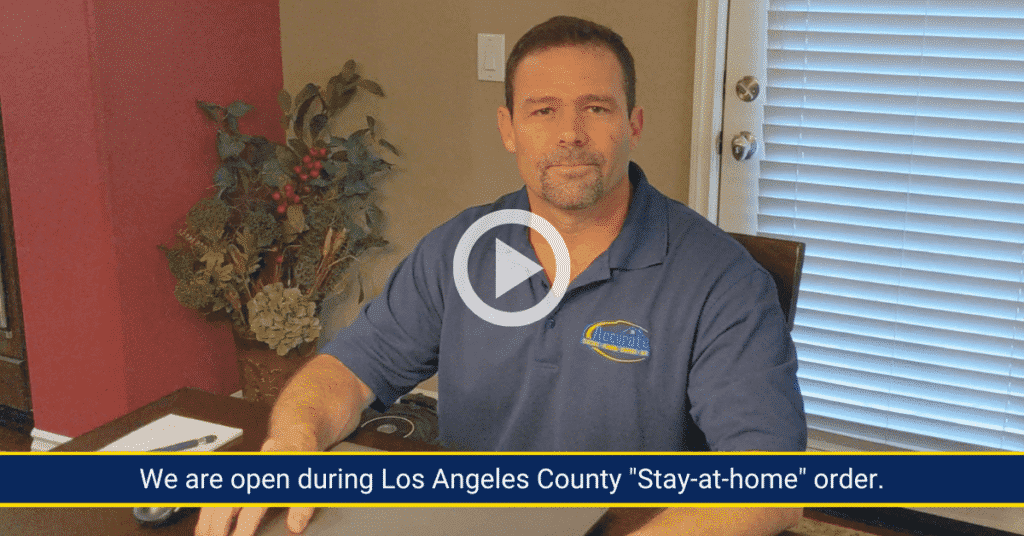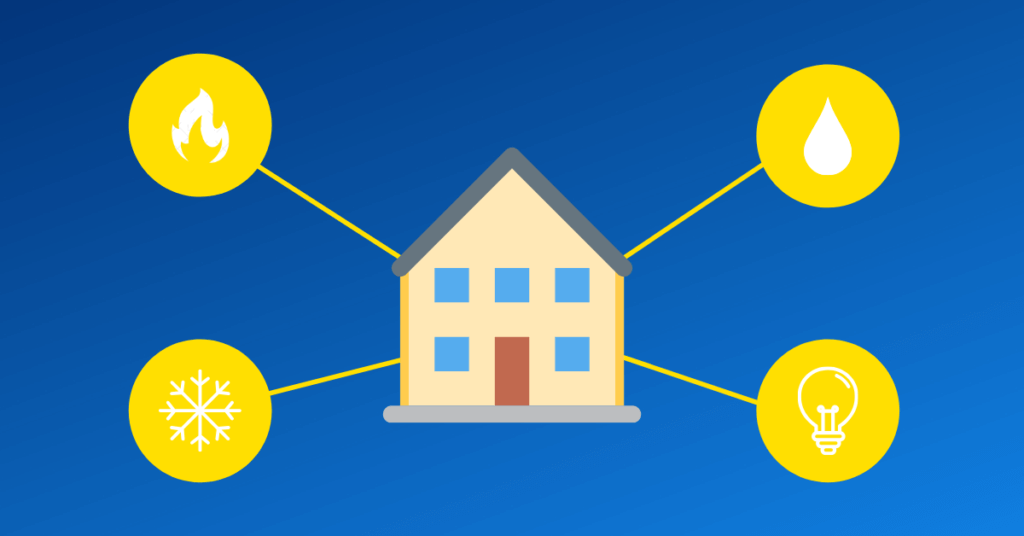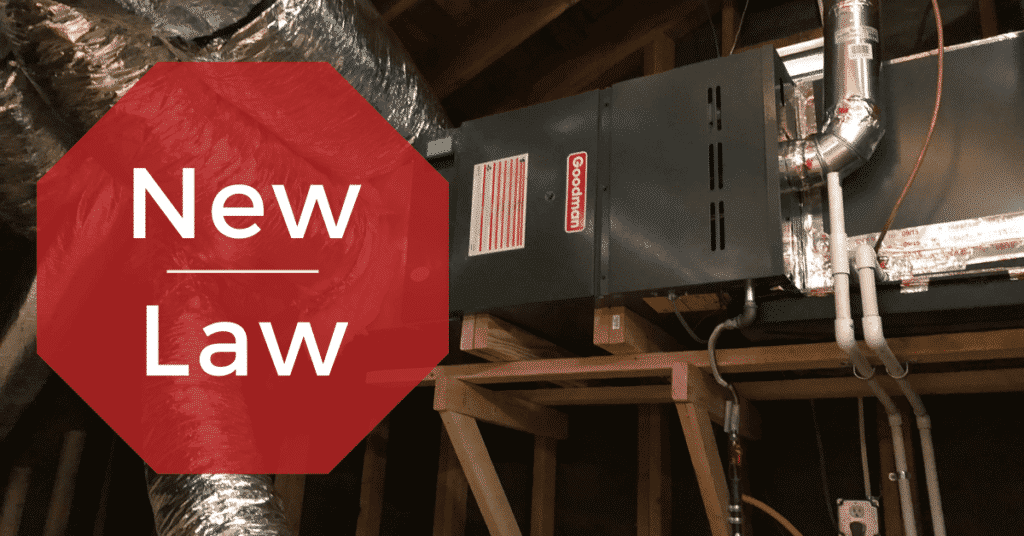What you need to know about mainline sewer stoppage and how to fix it
The home plumbing system is a crucial part of everyday living, by it, we wash our hands, dishes and be rid of other unmentionables. All of which is flushed, drained and otherwise expelled from our sight via a complicated set of pipes, often which we do not consider until it is too late. This “too late,” usually comes in the form of Mainline sewer stoppage, a term many have heard and shuddered in fear simply thinking about. For we know the consequences, moreover we know the smell associated with this awful issue.
What is your main sewer line?
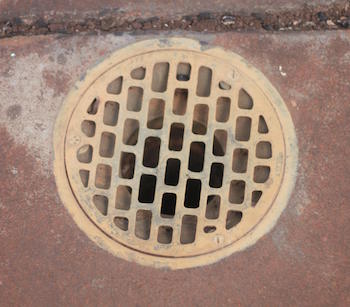
In the standard American home, the main sewage line or mainline is a 3-4in pipe that takes all of the waste and drainage from your home to the city sewer or to a septic tank. Everything from the shower to the toilet goes through the main line, and usually without issue. Over time, however, this mainline can become blocked as a result of both normal and abnormal circumstances.
“When not taken care of this blockage can have disastrous results, from ruining plumbing fixtures to costly in-house flooding,” according to plumbing expert Jeff Seale, owner of Accurate Electric, Plumbing, Heating and Air.
Which is why if you believe your main line may be blocked, then it is extremely important to stop the use of any home plumbing until the clog is removed and your pipes are no longer at risk.
But what is it that causes an issue like this to happen in your home and how do you know when it is actually happening?
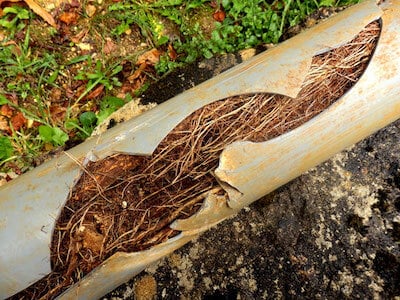
The main sewage line can be blocked by a number of different things, especially when the main line is near trees and deep-rooted plants which can cause a large portion of sewer stoppage and mainline clogging. As unfriendly as roots can be for infiltrating your main sewer line, they are not the lone culprit, the main sewage line can also be blocked by a large variety of other things.
- Roots: Like we already mentioned, these bad boys can get into your main line and wreak all kinds of havoc, from blocking the line to grabbing onto debris, among other things, and become a part of building a solid block.
- Grease: Remember all those times you thought you could dump the grease leftover from cooking down the sink? The result of that is a layer of grime and grease that coats the inside of your main sewage line and grabs debris, keeping water from running through the pipe smoothly.
- Grime: Yes, we already mentioned grime, however it is important to note that grime does not mean you were dumping grease or sticky liquids down your drain. Often grime builds up from regular household use of plumbing fixtures, because of this it is extra important to regularly check your pipes.
- Hair: This one is especially common, largely because hair does not break down in water. So when large clumps of hair become stuck in a pipe they work like the roots, grabbing the debris and grime to build a very gross and problematic hairball.
- Debris/Foreign Objects: The best of us do it, we throw things we know we shouldn’t into the toilet and flush them. Unfortunately, that can come back to haunt you when this debris (anything that is not toilet paper or water soluble) clogs your main line. Moreover, if you have young children the likelihood of objects, like toys, being found in the main line is significantly higher.
- Broken pipes: Sometimes it happens, a pipe breaks and it causes main line blockage, leakage and all other kinds of trouble. If you suspect a broken pipe then you should call a professional plumber to deal with this problem.
Despite the many causes of mainline sewage blockage, they all yield the same result, a blocked mainline and an unpleasant afternoon. Unfortunately, this blockage often does not make itself apparent until it is too late.
How can you tell when your main sewage line is clogged?
There are several tell-tale signs that something has blocked your main sewage line and is not allowing a clean pass through the pipe. The first and most common sign is that throughout your house you will begin to notice multiple plumbing fixtures backing up at the same time.
- Most often it begins with the toilets because they have a direct link to the main sewage line, meaning when they are used they will not flush and instead begin to fill with water.
- Following the toilets are showers and bathtubs, which will begin to back up after flushing a toilet or while using other plumbing fixtures, especially because they are lower than sinks and are more susceptible to backups.>/li>
- Backed up sinks, washer machines, etc. are another way to identify a clogged main sewage line, because other fixtures in your house begin to backup while you are using others as a result of the mainline stoppage.
- Lastly, you can check your sewer clean out, which is a small 3-4in. pipe sticking out of the ground with a cap on it. Usually, this pipe is located around the exterior of your house and only requires you to remove the cap and check to see if, water is flowing (meaning you may have a different issue) or if water is stopped and or overflowing. If the water is not moving or overflowing then it is most likely a main sewage line block or clog.
What next?
Once you have confirmed, to the best of your ability, that it is, in fact, mainline stoppage, then the next step is to clear the blockage using a drain snake, which will hopefully clear the blockage or by calling a professional plumber service. Learn more about camera sewer inspections here.
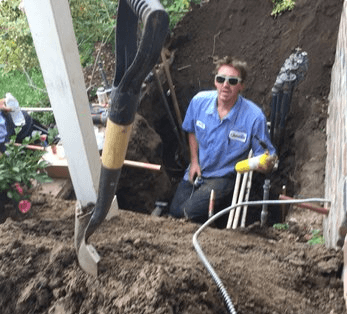
Contacting a professional plumber service is often the best option. They have the best tools for the job and the expertise to best accomplish the job and prevent future issues. Especially in the case of an object block, broken pipes or removing roots, a professional plumber will be able to fix the pipe, cut back the roots or remove the object without doing more damage. Ultimately, it is most important to get your mainline clog fixed quick, and while you can do it yourself, it is not recommended because often DIY plumbing leads to bigger problems that require a professional anyways. So why not call a professional from the get-go?
Our plumbing professionals are here to help you with all of your plumbing needs. Call (800) 947-1741 to schedule your appointment.

